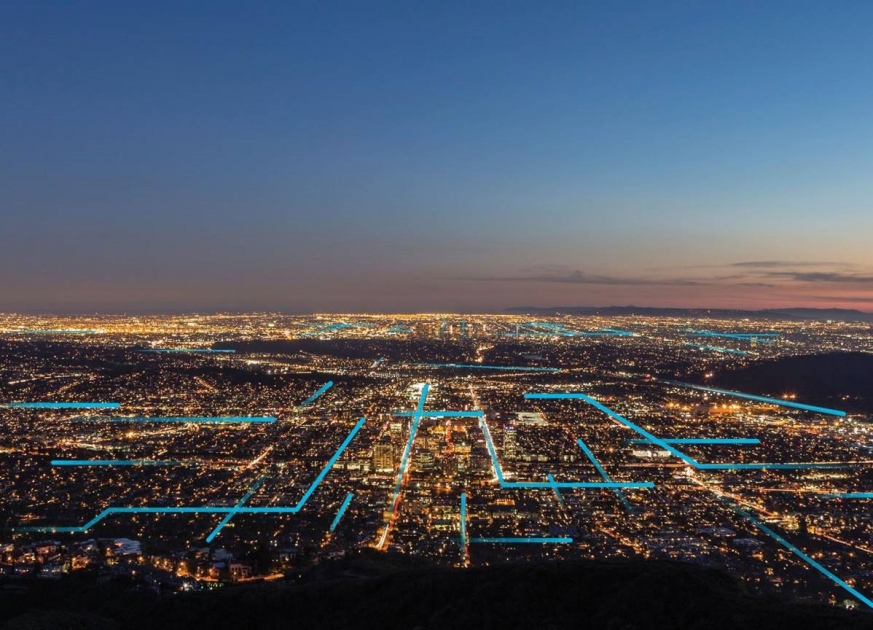
GE supports the Middle East with reliable power grids as summer arrives
GE (NYSE: GE) is supporting the next phase of the fight against COVID-19 in the Middle East by ensuring power grids are ready, as some countries announce plans to reopen major sectors of the economy just as summer arrives. Grid stability is critical for the seamless operations of infrastructure – the flow of power and water to hospitals, homes, offices and other public places.
Hundreds of GE technical professionals are working around the clock to maintain the reliability and efficiency of the region’s power grids to meet peak demand brought on by soaring temperatures.
Over the last several weeks, GE Renewable Energy’s Grid Solutions field engineers have made remarkable progress across dozens of construction and expansion projects across substations in the Middle East, North Africa, Turkey and Pakistan, in addition to undertaking substation upgrades and scheduled maintenance. Substations are essential in any national grid system, helping to bring the electricity generated by power plants to facilities that will be critical in contributing to recovery.
“We are working on many projects that are critical to our customers,” said Mohammed Mohaisen, President and CEO of GE Renewable Energy's Grid Solutions business in the Middle East, North Africa and Turkey. “This work is important especially now, with many countries easing lockdowns as the summer arrives. Peak demand for electricity could be higher than usual this year since most people are staying at home with minimal plans to travel abroad.”
GE’s Grid Solutions continues to make use of its remote training modules to cross-train field engineers on new equipment and technologies. “We are taking different measures to continue supporting our customers across the region especially in such times. We are also training our professionals across all work sites in the region, and getting them up to speed with enhanced skillsets so we can continue to move ahead with projects despite limits on international travel,” said Mohaisen.
Further, GE is driving localized manufacturing and innovation to support the industrial sector in general, and grid stability in particular. GE’s Grid Solutions Khobar Integration Facility (KIF) in Dammam – which has evolved as a high-end Saudi-based manufacturing ecosystem helping to address gaps in the global supply chain through the pandemic – manufactures protection and control panels that customers need in order to expand and upgrade substations ahead of peak summer electricity demand.
In Iraq, GE’s Grid Solutions team has successfully energized two 132/33kv substations that will reduce bottlenecks in eastern Baghdad. The Baladiyat and Al-Ammari substations will support the transfer of energy from generating power plants such as Besmaya, the largest power plant in Iraq, into the community. This is part of GE’s commitment to supporting Iraq in building a sustainable grid.
Even in the most complex of times, supporting the stability of the grid must be done with safety as a priority. GE is focused first and foremost on protecting its people, customers, and technology, through following strict protocols across its operations. Its frontline staff adhere to all safety precautions mandated by GE and local authorities, and other team members continue to support through working from home.
GE is also leveraging digital technology in promoting frontline work safety including smart helmets for field engineers that have cameras which send data by secure high-speed internet to our facilities abroad. Remote grid asset experts can then provide insights on troubleshooting and resolving issues when it might not be available locally.
By working to ensure the stability of the grid in these unprecedented times, GE is supporting countries, governments, and people as they move into a new phase. GE technology supports the generation of nearly two-thirds of total electricity in the Middle East, North Africa and Turkey, so maintaining power for homes and key sectors of the economy is part of GE’s ongoing commitment to its 80-year history in the region.



























